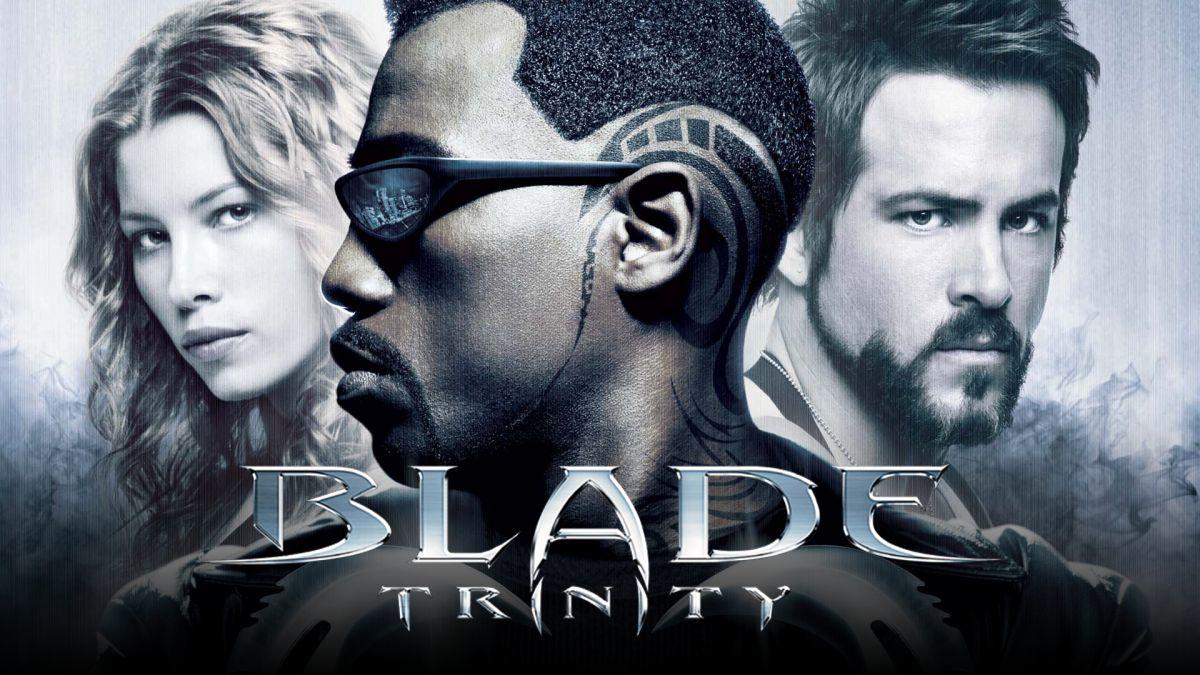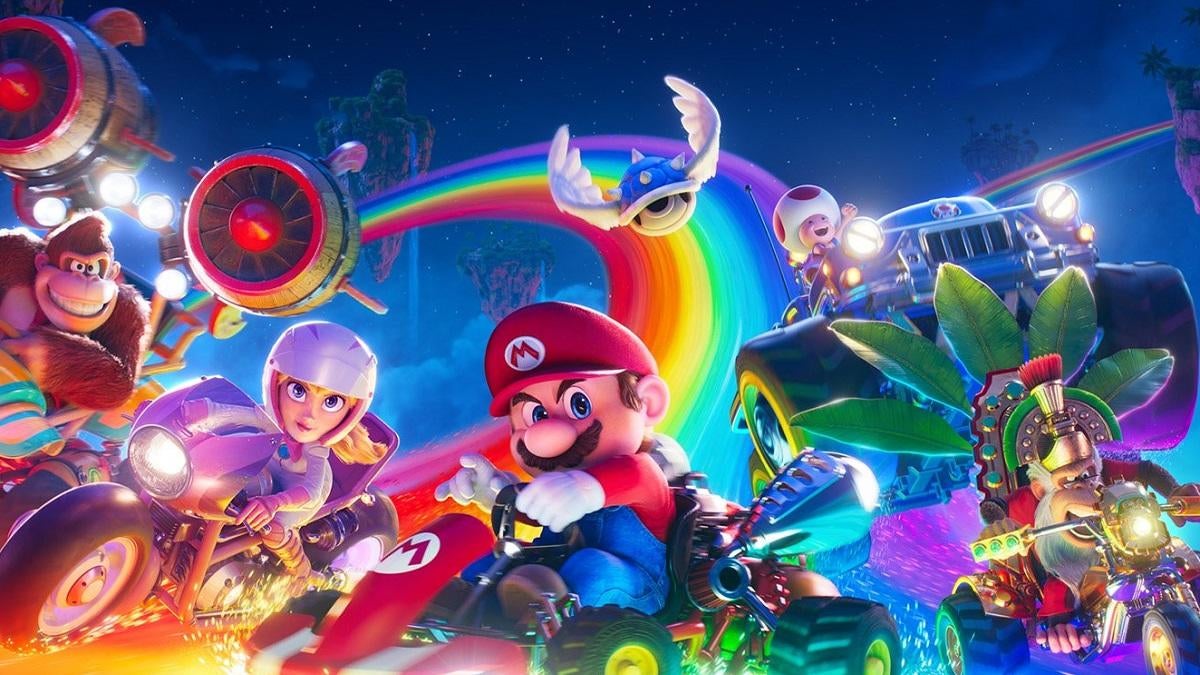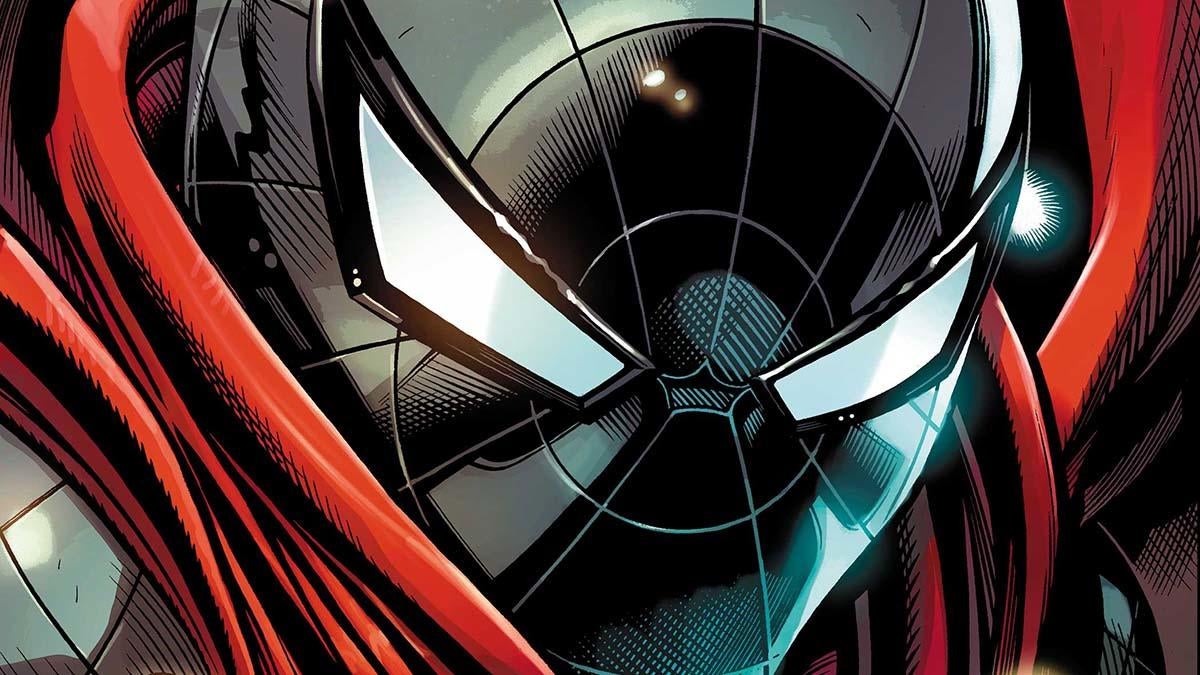Alien #1 Review: Xenomorphs Come to Life, Even If Humanity Does Not
After almost 3 decades of publication at Dark Horse Comics, the Alien franchise has arrived at [...]
After almost 3 decades of publication at Dark Horse Comics, the Alien franchise has arrived at Marvel Comics with a new #1 issue and a clean slate for storytelling. Alien #1 is set approximately 21 years after the events of Aliens and 78 years after Alien, and it appears those are the only points of context readers should expect to be familiar with when discovering these new characters and settings. Those two films are critical because readers are expected to fill in some gaps—how Xenomorphs procreate, Weyland-Yutani's interest in the species, the role of space marines—and they create an interesting contrast as a result, not always for the better.
Alien #1 is written by Phillip Kennedy Johnson and drawn by Salvador Larrocca. The first issue centers upon Gabriel Cruz, a recently retired security officer for a Weyland-Yutani space station. He fills the familiar boots of space marines in Aliens in attitude and outlook; it's easy to imagine him gladly accepting the description of a "tough as nails company man." However, his retirement is plagued by nightmares of a past encounter with Xenomorphs and family tragedy. Although the details are kept vague, it is clear that Cruz has encountered Xenomorphs before (and lost a number of his fellow soldiers to the creatures) and that his own family has experienced loss due to Weyland-Yutani's actions, either directly or indirectly. Before the issue ends, it's apparent that neither Cruz nor his family has seen the last of this corporation or their goal of capitalizing upon military monsters.
What's fascinating about Cruz is that he is most identifiable with Ash in Alien and Burke in Aliens. Even missing some details about past events, it's apparent Cruz is aware of the existential threat to humanity posed by Xenomorphs, has assisted the corporation in obtaining these aliens resulting in mass casualties, and has remained loyal to Weyland-Yutani while deferring responsibilities to his soldiers and family. Simply put, Cruz is the villain of an Alien film. Yet in the pages of Alien #1 he is made out to be an anti-hero, at the very least. When confronting the consequences of his choices in nightmares and a shattered family, he is consistently portrayed as put upon and deserving of sympathy. It is unclear what the intention of this portrayal is by the end of Alien #1, but the choice of Cruz as the series' protagonist and overly sympathetic portrayal raises notable concerns about Johnson's approach to themes of corporate dominance and the military-industrial complex.

These concerns are strengthened considering the presentation of Cruz's son, Danny, the only other notable human character in the series thus far. Danny was abandoned by his father who remained in space while his family was on Earth after the death of his only brother. This has seemingly led Danny to join a group of activists seeking to expose Weyland-Yutani's crimes. None of the sympathy seen for Cruz is exhibited with his son who is sketched out as a stereotypical lefty radical—dismissive and cruel to his father, using violence in a "both sides" presentation, and behaving stupidly in every appearance. Rather than developing a contrast between the two men, they fall into stereotypes that only allow the elder, military man to possess any wisdom in spite of a history filled with family neglect and war crimes. This choice of portrayal is concerning to say the least.
In a surprising fashion, it is the Xenomorphs who provide the most realistic and interesting element in Alien #1. Although they are only seen in montage and flashback sequences, Larrocca's clean lines and sanitized designs fit the cold Xenomorph exoskeleton perfectly. When seen in an early spread the figures are posed and resemble unmoving action figures, but in smaller panels they become creepy and threatening. Guru-eFX's colors, which can only humanize Larrocca's human figures so much, add a creeping darkness to the killing machines that prey upon Cruz's nightmares. Two spreads imbue ample apprehension into readers and provide a chilling sense of what is to come without rushing to introduce Xenomorphs into the very well.
Alien #1 is a serviceable introduction to a new era of Alien comics; setting itself clearly within the timeline of the early (and most popular) films, and providing readers with a new lead character and problem to address. The Xenomorphs themselves are well presented and the first issue captures the horror genre well, even when combined with an overwrought monologue. However, it's approach to the core themes of the series with a sympathetic eye for the franchises' most flawed actors combined with cliches in the role of humans raises notable concerns about whether this is a story worth pursuing. Perhaps future issues will shed more light on the series' approach, but for now skepticism seems to be the best approach.
Published by Marvel Comics
On March 24, 2021
Written by Phillip Kennedy Johnson
Art by Salvador Larroca
Colors by Guru-eFX
Letters by Clayton Cowles
Cover by InHyuk Lee




